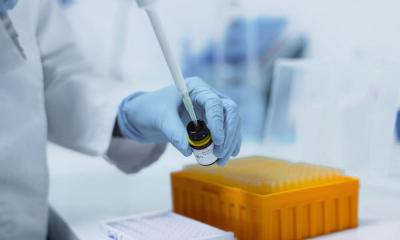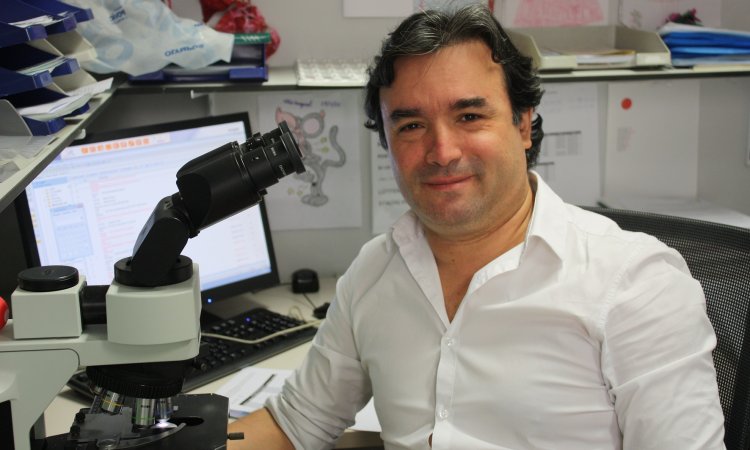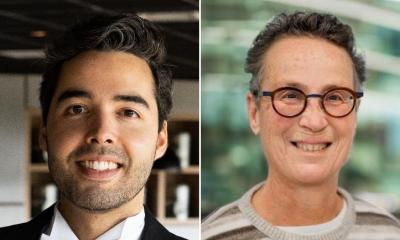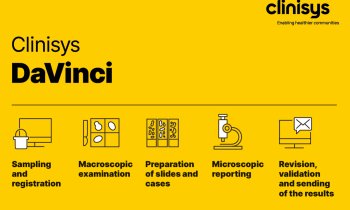Image source: Adobe Stock/motorolka
News • cfDNA to assess tumours
Recurrent breast cancer: liquid biopsy improves detection, monitoring
Liquid biopsy performed on serum samples taken from breast cancer patients can provide increasingly accurate information on cancer progression and enable earlier detection of cancer recurrence, a new study from the University of Eastern Finland and Kuopio University Hospital shows.
The findings were published in Cancers.
Breast cancer tumour cells are known to differ in both genetic and biological properties. This phenomenon is known as intratumoural heterogeneity. From the perspective of cancer treatment, intratumoural heterogeneity is a major challenge because cancer cells with different biological properties may have a different response to treatment. It is possible that some cancer cells tolerate treatment well enough to survive, which can lead to recurrent breast cancer later on. “Time is a key factor in intratumoural heterogeneity. Over time, the spectrum and properties of cancer cells tend to change and develop in a direction that is more therapeutically challenging,” Doctoral Researcher Jouni Kujala from the University of Eastern Finland says. “In addition, tumour samples are representative at the time of sampling only, and intratumoural heterogeneity cannot really be monitored much after sampling.”
Based on our results, liquid biopsy is a promising method that can supplement the information obtained using traditional diagnostic methods
Arto Mannermaa
Liquid biopsy that utilises biomarkers released by cancer cells has been proposed as a possible method for the early detection of recurrent breast cancer, and for the monitoring of cancer progression. A major advantage of liquid biopsy over traditional tumour biopsy is the ease, safety and repeatability of sampling. In particular, liquid biopsy focuses on cell-free DNA released by cancer cells, which is known to carry mutations characteristic of the cancer tumour. This has enabled a new way of detecting cancer mutations without having to do a biopsy of the cancer tumour itself. “Our results show that liquid biopsy can be used to detect cancer mutations both from breast cancer tumours and their metastases. This provides further support for our hypothesis that liquid biopsy can, at least to some extent, be used to overcome the limitations of traditional biopsy.”
The researchers observed mutations characteristic of recurrent breast cancer in cell-free DNA months before the recurrent cancer was detected during a medical examination. With the mutations observed, the researchers were also able to assess changes in intratumoural heterogeneity, and to establish a more accurate understanding of the clinical picture. “By monitoring the cancer mutations detectable from cell-free DNA, it is possible not only to detect recurrent breast cancer but also to identify mutations that are relevant to treatment planning and thus to support medical professionals’ decision-making,” Professor Arto Mannermaa from the University of Eastern Finland explains. “Based on our results, liquid biopsy is a promising method that can supplement the information obtained using traditional diagnostic methods, and it can provide increasingly accurate information on the development and recurrence of breast cancer.”
Source: University of Eastern Finland
30.03.2022











